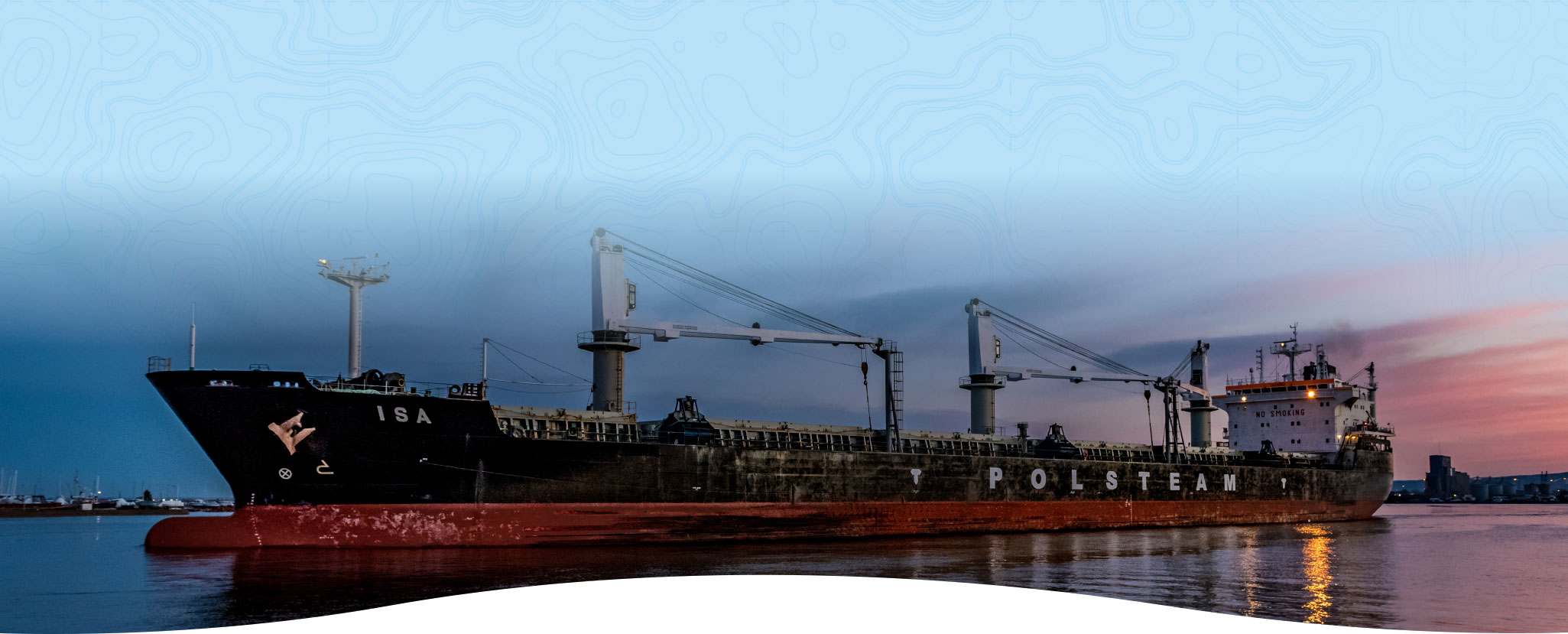
DULUTH, Minn. — Building on a 2018 study by the Initiative for a Competitive Inner City (ICIC), the Duluth Seaway Port Authority today released updated information compiled by Northspan highlighting the economic value and social significance of Duluth’s industrial sector.
The 2019 data, representing the most recent available, not only support the previous findings (which were based on 2016 data), but also indicate an increasing contribution from the industrial sector to Duluth’s economic vitality and community infrastructure.
Among the key findings:
- Duluth’s industrial sector provided more than 9,800 direct jobs within the city and supported nearly 8,200 additional industrial and non-industrial jobs in St. Louis County.
- In 2019, Duluth’s industrial sector generated $5.1 billion in business revenues and contributed $439 million in state and local taxes, including $140 million supporting the Duluth community.
- In addition to providing competitive benefits and equitable opportunities for advancement, Duluth’s industrial jobs pay higher average annual wages ($68,913) than non-industrial jobs ($48,401) and the city’s overall average ($51,012). Since the 2018 ICIC study, growth in average industrial job income has outpaced growth in aggregate citywide income by more than 4 percent.
- On a per-job basis, Duluth’s industrial sector generates three times more tax revenue and supports twice as many additional jobs compared to the rest of Duluth’s economy.
- Industrial jobs are accessible to people from a wide range of educational backgrounds (high school graduates, tradespeople, those with specialized technical training, college graduates, etc.), providing an opportunity for equitable growth.
“The original ICIC report quantified the strong foundation industry provides for Duluth, and these updated figures affirm it,” said Deb DeLuca, executive director of the Duluth Seaway Port Authority. “Industry isn’t past-tense in this community. It’s a key contributor to Duluth’s economic vitality now and into the future. With inclusive onboarding programs to serve as an on-ramp, industrial jobs offer a wide avenue to expand equitable, family-sustaining employment opportunities in Duluth.”
As noted in the original ICIC study, realizing the full potential of responsible industrial opportunity in Duluth requires leadership from the public and private sectors, along with coordinated economic development strategies that recognize and support the importance of industry in tandem with other sectors of Duluth’s economy.
“Growing the industrial sector in this community, and with it, the number of accessible jobs with higher wages, will create a stronger, more sustainable future for Duluth,” said DeLuca. “It’s an opportunity to work together to provide vision, commitment, land and policy-making that puts Duluth in a competitive position compared to its peer cities.”
Note: Click here for a two-page summary of the updated findings. Click here to view the original ICIC study.
###
Approximately 800 vessels and 35 million short tons of cargo move through the Port of Duluth-Superior each year, making it the Great Lakes’ largest tonnage port and one of the nation’s top 20. The port supports nearly 8,000 jobs and contributes $1.4 billion in business revenue to the regional economy. Learn more at DuluthPort.com.

